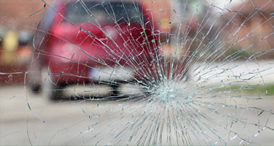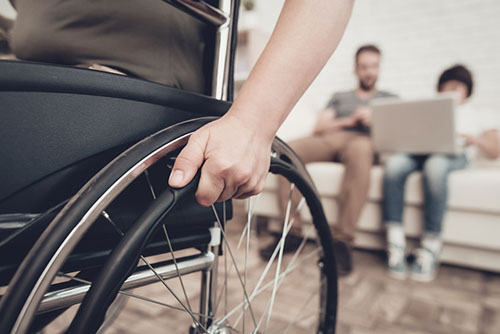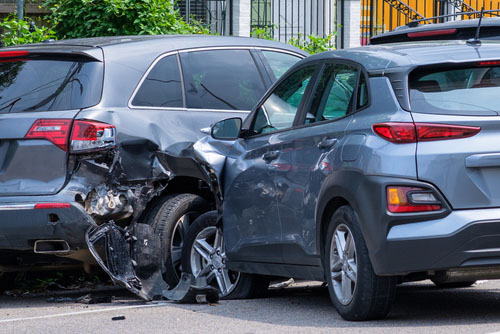Every time you sit in a car, you’re exposed to the risk of accidents. You can be a careful driver who follows the rules, but you can never be sure about other drivers on the road. Other drivers can speed, be under the influence, or simply be distracted with their phones.
Accidents can happen in the blink of an eye. When someone else’s activities contribute to a fatal accident (no matter if it’s accidental, because of faulty car parts, or intentional), the family of the victim has the right to seek a compensation filing reasons such as negligence or reckless driving, criminal activities or even because of faulty parts of the vehicle made by the manufacturer.
Here is some useful information about wrongful death car accidents, causes of such accidents, how to file the claim, and how an Indianapolis wrongful death attorney can help you.
Main Causes of Car Accidents
Car accidents can happen anywhere and to anyone. Every day we hear or read news about such accidents, and these are the common causes of that can lead to fatal outcomes:
- Distracted driving (texting and driving)
- DUI (driving under the influence of alcohol, drugs or both)
- Reckless driving (passing when it’s not safe, speeding)
- Bad weather conditions
- Fatigue or other health issues
- Street and highway defects
- Faulty car parts
- Inexperienced and/or older drivers
Details of a Wrongful Death Claim
Every state has a wrongful death statute. Indiana’s General Wrongful Death Act (GWDA) is found at Ind. Code 34-23-1-1. This statute was originally enacted in 1881 (it has been updated on several occasions until it got its contemporary form in 1998). According to it “when the death of an individual is caused by the wrongful act or omission of another, the personal representative of the former may maintain an action therefor against the latter, if the former might have maintained an action had he or she lived.”
Indiana courts have held that the surviving spouse, dependent children, and dependent next of kin have the right to recover for the loss of love and affection of the victim.
What You Should Prove in Case of Wrongful Death
You and your family will have to prove that another driver caused the crash that led to the death of your loved one. You’ll have to prove that the other driver was negligent, acted wrongfully, and was at fault for causing the accident.
You’ll have to prove that the deceased family member is survived by their spouse, child, or other dependents or beneficiaries.
Finally, you should prove that you are going through financial losses as a result of the death of your loved one.
While the GWDA statute lets the dependent family members of wrongful death victims seek damages for loss of love and affection, this may not be valid every time for non-dependent children and parents of those lost to the negligence of another. Indiana law in the past granted damages recoverable for the death of unmarried adults with no dependents was only for the funeral, burial, and medical fees, as well as attorney fees for the administration of the Estate.
Can You File Wrongful Death Claim?
To file a wrongful death lawsuit, you must be an immediate family member such as a spouse, child, or parent of the deceased.
If your loved one was killed in an accident and it was ruled as wrongful death, you as a spouse, child, or guardian or personal representative of the estate should first talk to a wrongful death attorney so you can get a detailed case review.
Your attorney will investigate the accident that led to the death. This process may include consulting with accident reconstruction professionals to learn what happened. Afterward, your attorney will identify the potentially responsible parties. Your attorney will do a detailed accounting of the damages and then will negotiate with the responsible party to seek a full or partial settlement.
Not every negotiation is successful, so in that case, your attorney will file a complaint with the court which is the beginning of the lawsuit.
The attorney will also take a meticulous accounting of the suffered damages.
The attorney will then attempt to negotiate with the at-fault party to demand a full and fair settlement. However, if negotiations are not successful, the attorney will file a complaint with the court, which officially starts the lawsuit.
If this seems like a complex thing to do, our team of attorneys is here to help you. Contact Rowe & Hamilton and schedule your first consultation.






